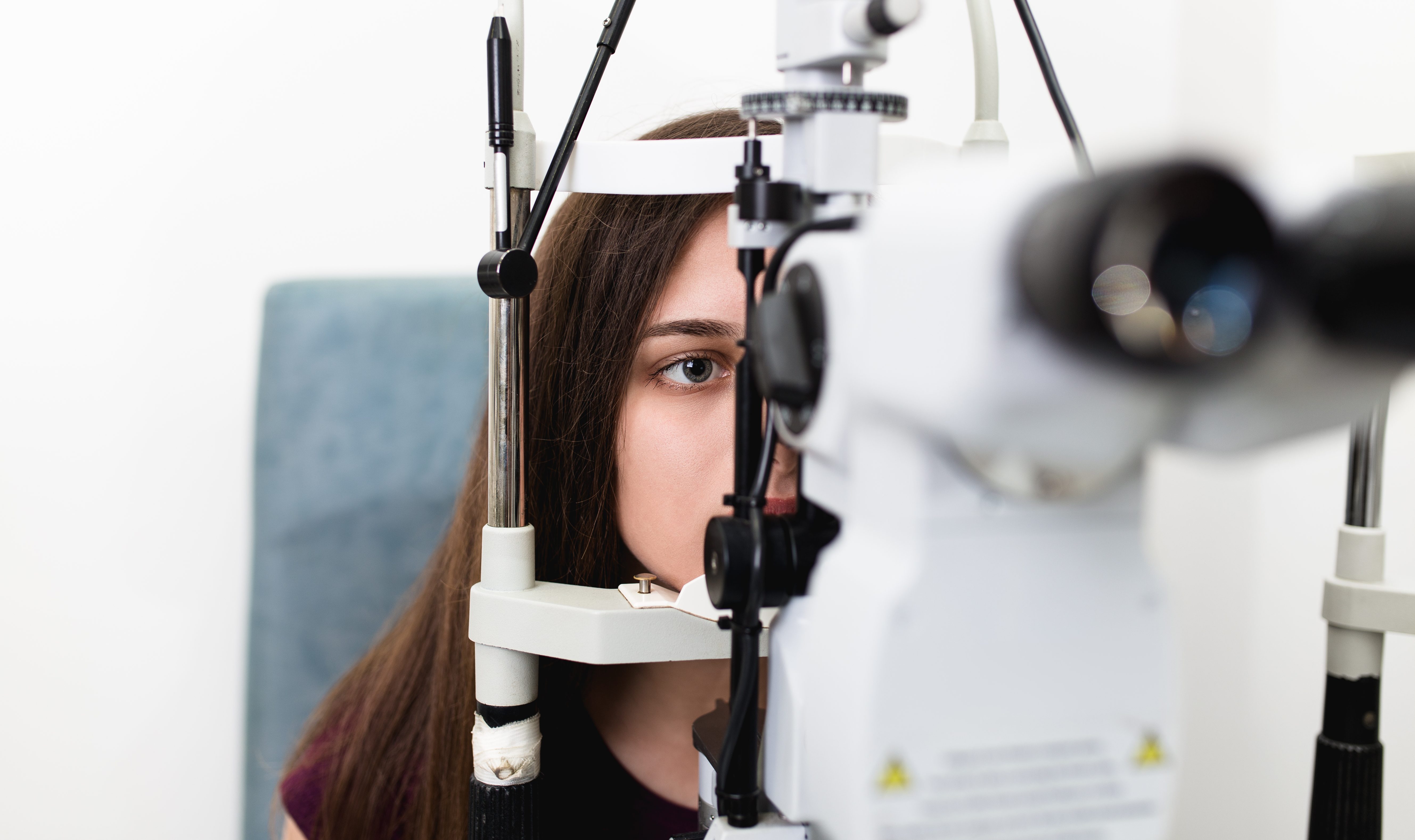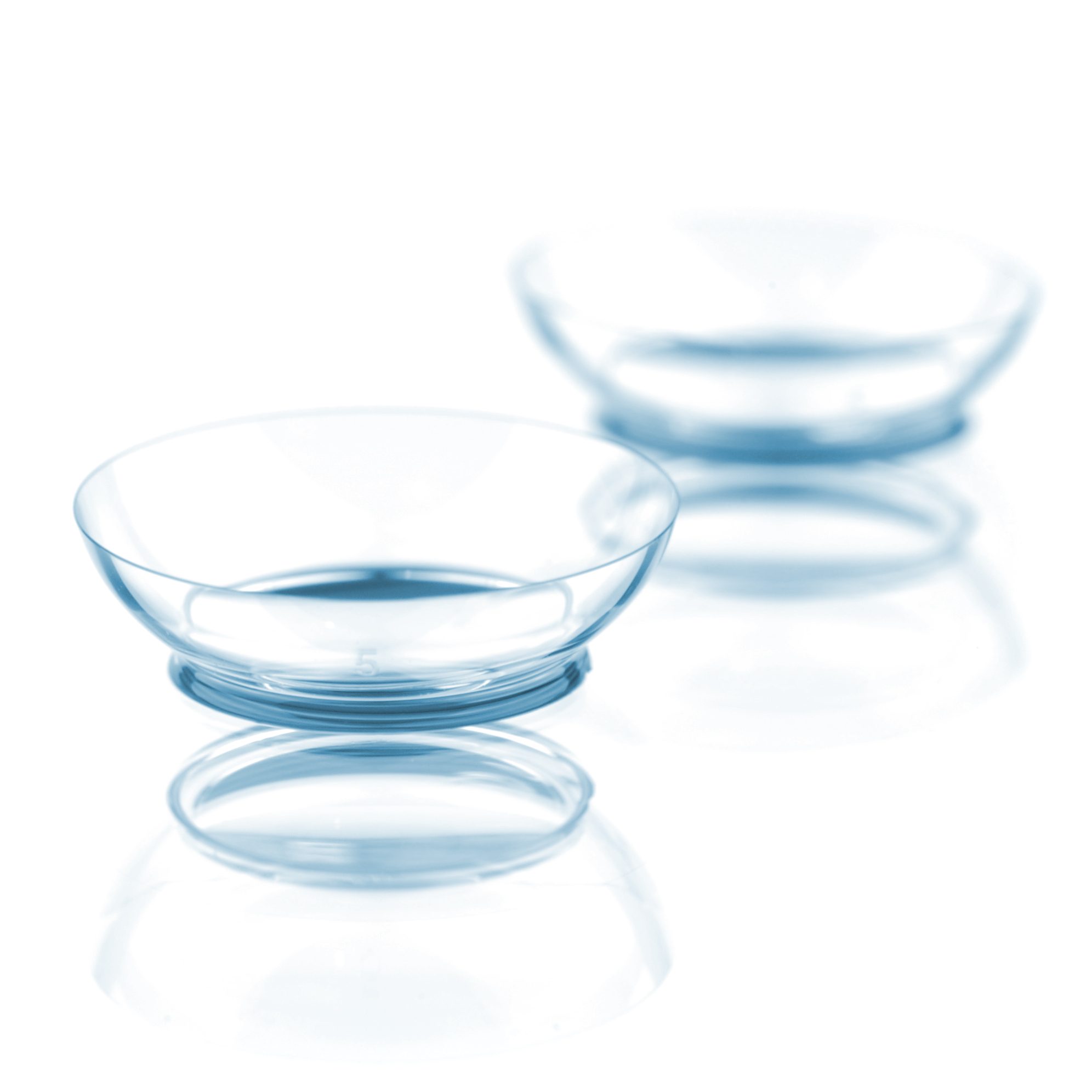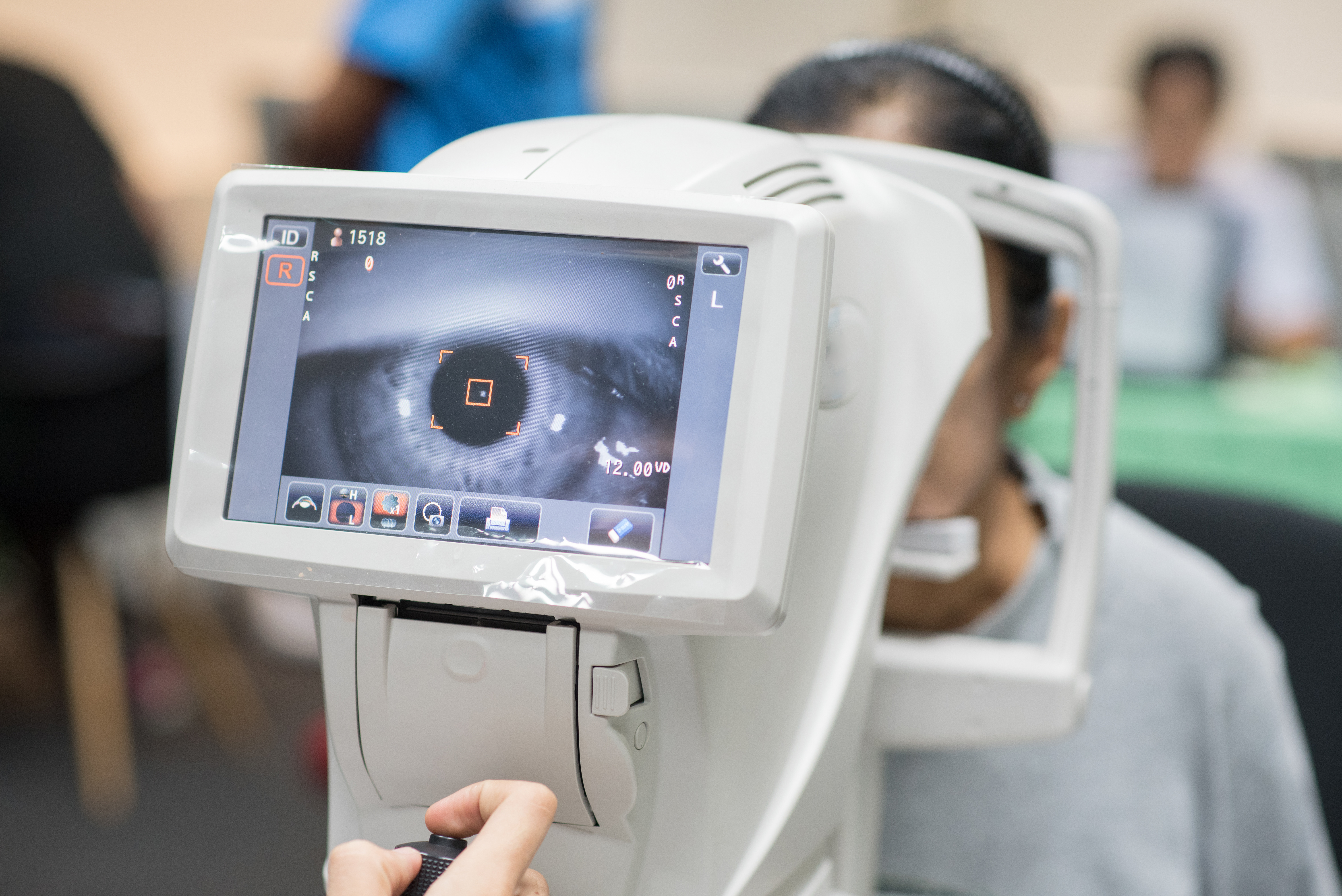
What is Keratoconus?
Keratoconus is a progressive eye disease causing the normally round, dome-shaped cornea to thin and bulge into a cone-like shape. The role of the cornea is to help refract and focus light coming into the eye onto the retina. The thinning and irregular shape of the cornea deflects the light on its way to the retina, causing blurred and distorted vision.
What causes Keratoconus?
While the cause of Keratoconus is still being investigated in research studies, there is some evidence to suggest that there is a genetic component, which would explain why often more than one person in the same family presents with the condition.
Other risk factors include excessive eye rubbing, chronic eye irritation and overexposure to UV light from the sun. It has been linked to other conditions including hay fever, glaucoma and sleep apnoea.
Who does it affect?
Keratoconus generally affects people in their adolescence or early 20’s and is known to progress faster in younger patients. In most cases is stabilises by the mid-30’s.
Keratoconus treatment & management
If Keratoconus is detected early, vision can be corrected with glasses. However once the condition progresses and the cornea’s shape becomes very irregular, there are a range of treatments and therapies available including:
- Rigid contact lenses (e.g. gas permeable lenses) – replace the irregular shape of the cornea with a smooth uniform refractive surface to improve vision
- Corneal crosslinking – strengthens the corneal tissue to stop the bulging of the eye’s surface
- Intacs – arc-shaped corneal inserts that are surgically positioned to reshape the surface of the eye for clearer vision
- Corneal grafts or transplants – for advanced cases of keratoconus where contact lenses or other therapies are no longer effective
Early detection is key
Given the fast progression of this condition in a person’s teens and early 20’s, it is vital to get your kids’ eyes examined regularly from a young age. This allows your optometrist to monitor their vision over time and ensure any changes in their vision are picked up early.
You can rest assured that our independently-owned optometrists invest in leading diagnostic tools and have the experience to provide a thorough and comprehensive assessment of your eye health.
Find your nearest optometrist now


